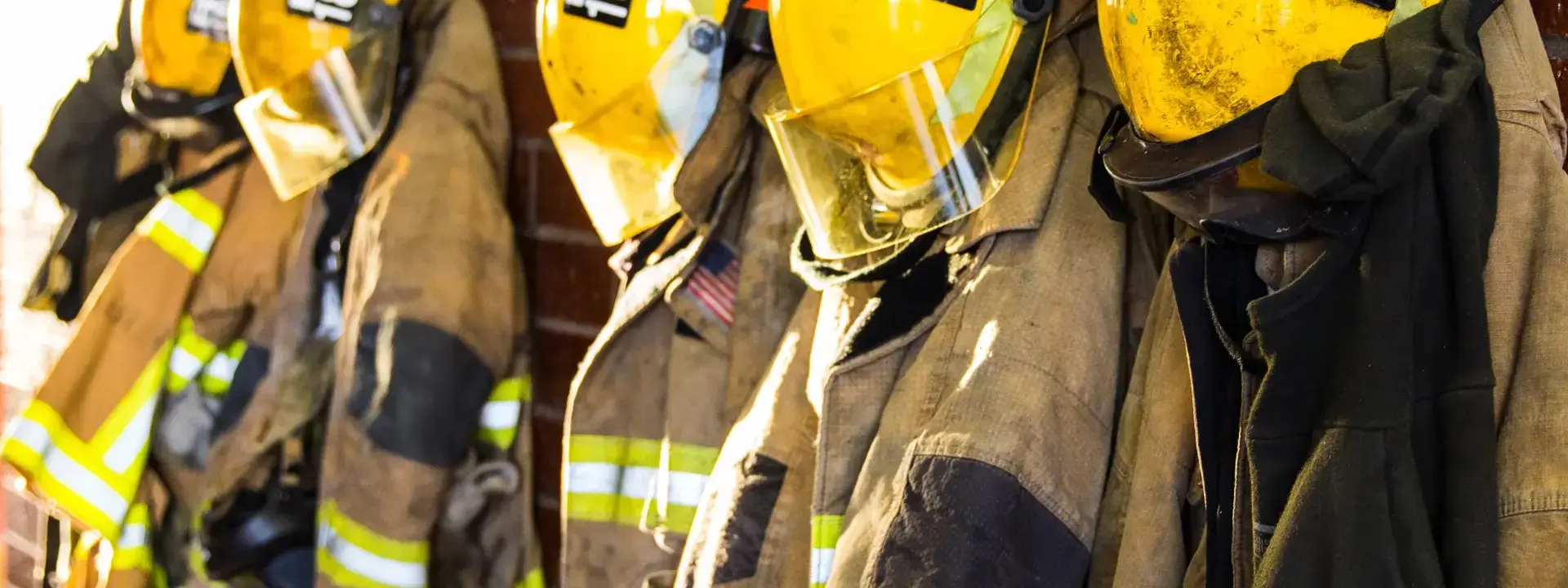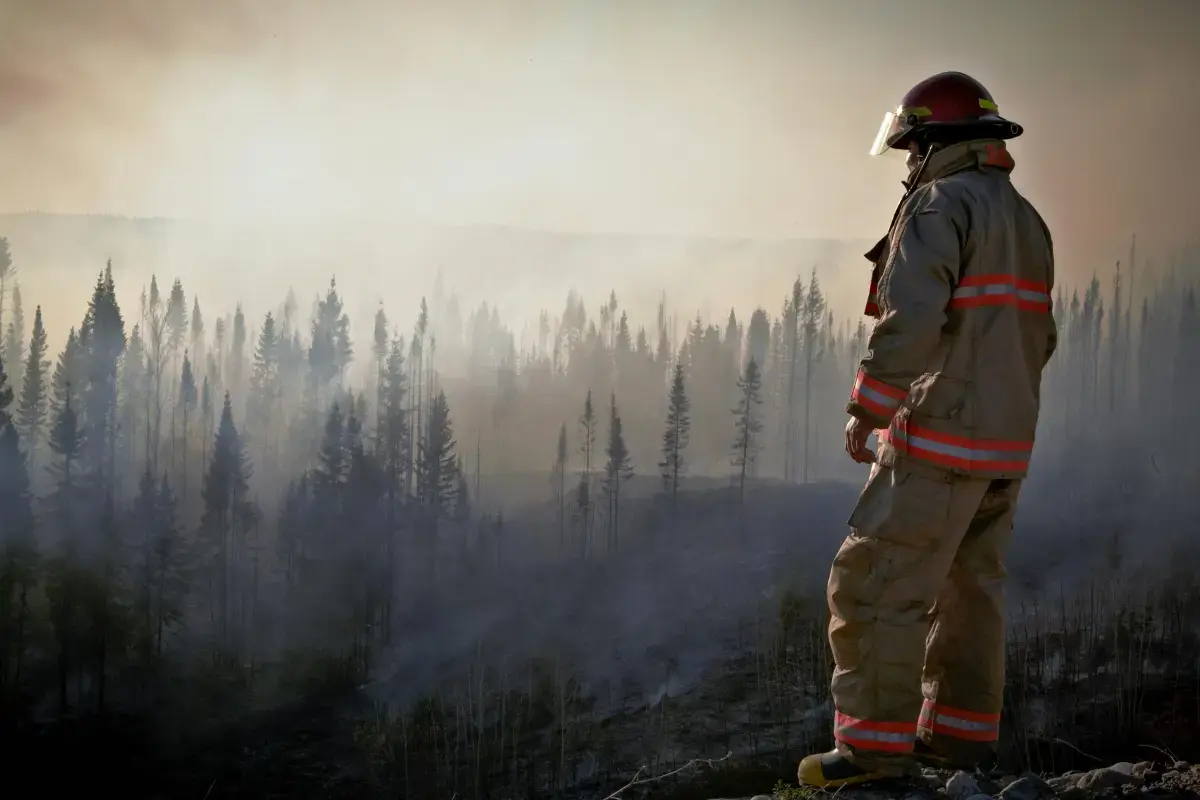
The Unsung Heroes: A Deep Dive into the World of Volunteer Firefighters
Introduction
In communities across the globe, volunteer firefighters stand as unsung heroes, embodying the spirit of selflessness and dedication. These brave individuals willingly put their lives on the line to protect their communities from the ravages of fire and other emergencies. While professional firefighting services play a crucial role in urban areas, volunteer firefighters are the backbone of many rural and suburban regions, filling the gaps and providing an invaluable service. In this blog, we will explore the world of volunteer firefighters, shedding light on their crucial role, the challenges they face, and the profound impact they have on the communities they serve.
The Heart of the Community
Volunteer firefighters are often deeply rooted in the communities they serve. Unlike their professional counterparts, who may be stationed in larger urban centers, volunteer firefighters typically live and work within the same neighborhoods they protect. This creates a unique bond between the firefighters and the community, fostering a sense of trust and reliability.
One of the key advantages of having volunteer firefighters at the heart of a community is their rapid response time. Living in close proximity to the fire station allows them to reach the scene quickly, minimizing potential damage and saving precious time when emergencies strike. Their familiarity with the local geography and community dynamics enhances their effectiveness in navigating through various challenges during emergency responses.
Diverse Backgrounds, Unified Purpose
Volunteer firefighters come from diverse backgrounds, ranging from teachers and accountants to farmers and factory workers. What unites them is a shared sense of duty and a commitment to the well-being of their community. This diversity is a strength, as it brings a wide range of skills, experiences, and perspectives to the fire department.
These individuals undergo extensive training to develop the necessary skills for firefighting and emergency response. Training programs cover fire suppression techniques, first aid, rescue operations, and more. Many volunteers also pursue additional certifications in specialized areas such as hazardous materials handling or technical rescue operations.
While volunteer firefighters may not be on duty around the clock like their professional counterparts, they are on call and ready to respond at a moment's notice. This dedication reflects a deep-seated understanding of the responsibility they have assumed for the safety and security of their fellow community members.
Challenges Faced by Volunteer Firefighters
Despite their invaluable contributions, volunteer firefighters face numerous challenges that can impact their ability to serve effectively. One significant challenge is funding. Many volunteer fire departments operate on limited budgets, relying heavily on donations, grants, and fundraising efforts to cover essential expenses such as equipment, training, and maintenance of facilities.
Volunteer firefighters often juggle their firefighting duties with full-time jobs and family responsibilities. This balancing act can be physically and mentally demanding, requiring a high level of commitment and time management. As a result, retention can be a challenge, with some volunteers finding it difficult to sustain their involvement over the long term.
Additionally, the evolving nature of emergency response requires ongoing training and education to stay abreast of new techniques and technologies. Limited resources can hinder access to advanced training programs, potentially impacting the effectiveness of volunteer firefighters in handling complex and evolving emergencies.
The Impact of Volunteer Firefighters
The impact of volunteer firefighters on communities cannot be overstated. Beyond their primary role of firefighting, these individuals often engage in community outreach and education efforts to raise awareness about fire safety and emergency preparedness. Fire prevention programs, school visits, and community events are just a few ways in which volunteer firefighters actively contribute to the well-being of their communities.
In many rural areas, volunteer fire departments serve as the backbone of emergency medical services as well. Trained as emergency medical technicians (EMTs) or paramedics, these firefighters provide crucial pre-hospital care to individuals in need. Their ability to respond quickly to medical emergencies is often the difference between life and death in areas where professional medical services may be farther away.
Volunteer fire departments also foster a sense of camaraderie among members. The close-knit nature of these organizations builds strong bonds, creating a support system that extends beyond the emergency response realm. This sense of community helps volunteers cope with the emotional toll of their work, as they often witness traumatic events and face high-stress situations.
Community Support and Recognition
Recognizing the vital role that volunteer firefighters play in ensuring community safety, it is essential for residents and local businesses to actively support their efforts. Donations, both monetary and in-kind, can make a significant difference in providing volunteer fire departments with the resources they need. Fundraising events, community partnerships, and awareness campaigns can also help raise the profile of these organizations and generate support.
Local governments and policymakers play a critical role in supporting volunteer fire departments through budget allocations, grants, and policy initiatives. Recognizing the unique challenges faced by these organizations and implementing measures to address them can contribute to the sustainability and effectiveness of volunteer firefighting efforts.
On an individual level, expressing gratitude for the sacrifices made by volunteer firefighters is a simple yet powerful gesture. Public recognition, appreciation events, and social media shout-outs can go a long way in boosting morale and fostering a sense of pride among these dedicated individuals.
Conclusion
Volunteer firefighters are the backbone of many communities, embodying the spirit of selfless service and dedication. Their impact extends far beyond firefighting, encompassing community outreach, emergency medical services, and the cultivation of strong bonds within the community. Despite the challenges they face, volunteer firefighters continue to stand ready to protect and serve, ensuring the safety and well-being of their neighbors.
As we reflect on the profound contributions of volunteer firefighters, let us not only acknowledge their sacrifices but actively support their efforts. By recognizing their importance, providing resources, and expressing gratitude, we can contribute to the strength and resilience of these community heroes who tirelessly answer the call to serve and protect.



